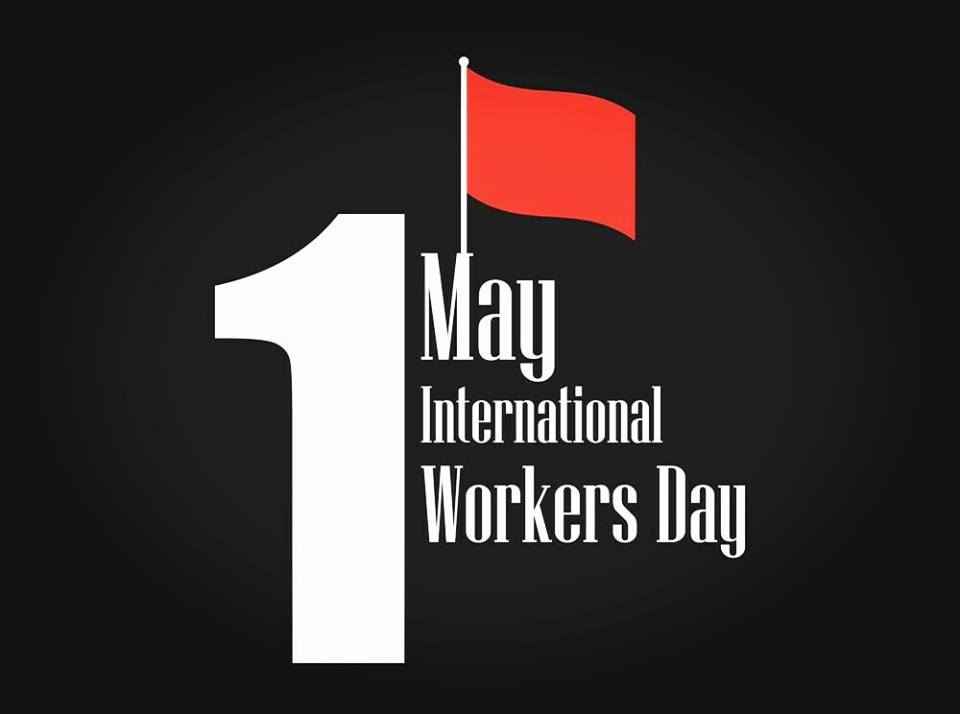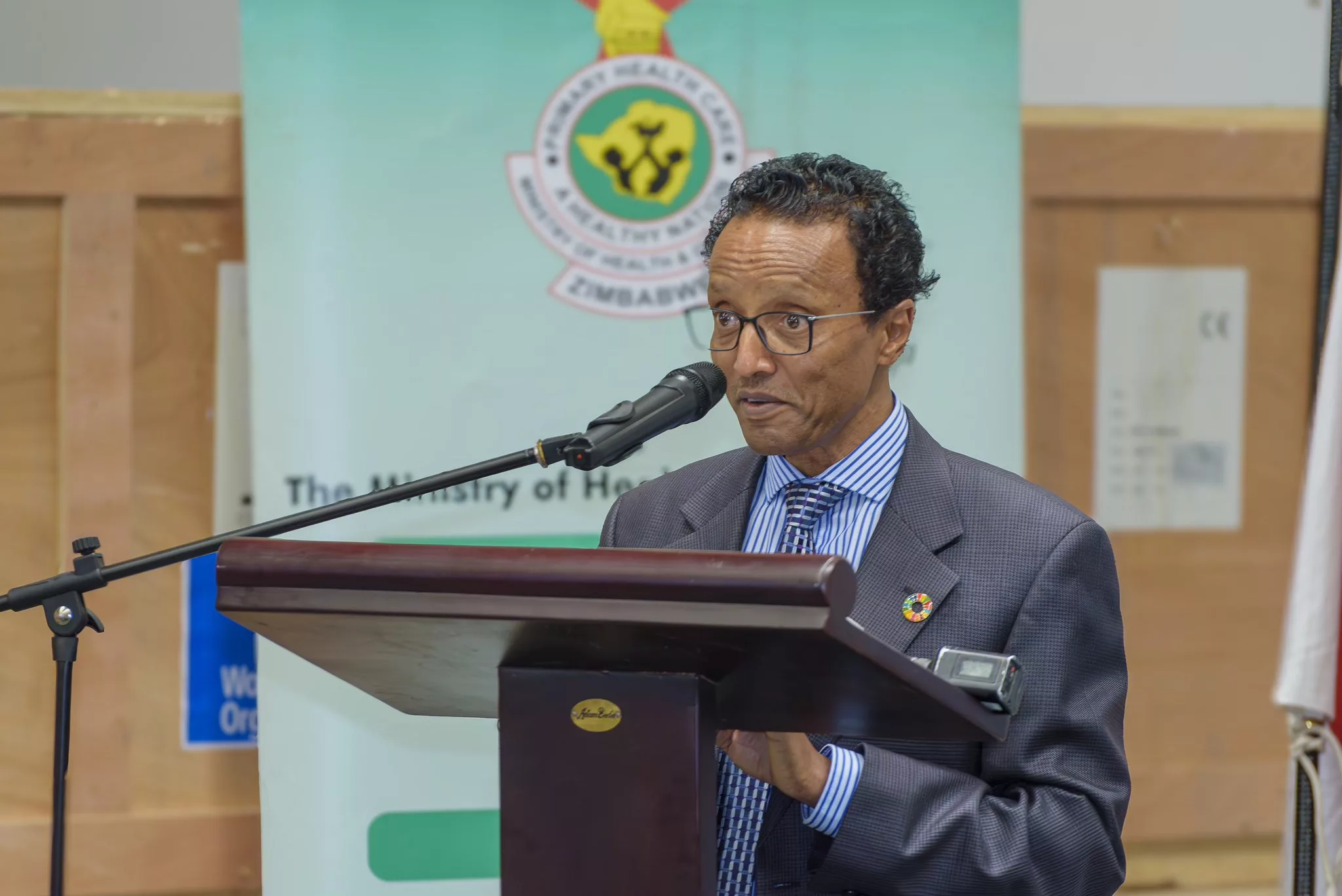The harsh economic environment punctuated by rising cost of basic commodities, cash crisis, retrenchments, unemployment and the widening gap between the poor and rich has compromised the rights and health status of workers, the Community Working Group on Health (CWGH) has said.
The statement comes as CWGH joins the rest of the world in commemorating the Workers’ Day at a time when the economic situation is worsening, reducing most Zimbabweans, including workers to live a life of perpetual poverty.
As the theme of this year’s celebrations, “We are at a Crossroads! Unite, Fight Neoliberalism and Austerity” suggests, the economic situation has impacted negatively on workers and the austerity measures announced by government have not improved their condition.
“While ‘chefs’ in high offices are calling for austerity measures, they themselves are further loosening theirs living luxuriously. Unless growth is pro-poor and inclusive, it is not the right growth hence the rising poverty levels despite the insistence by government that Zimbabwe’s economy is rising.
“As a result most workers are living unhealthy because their living conditions are miserable. They cannot get or afford decent quality health services. Although the cost of living is skyrocketing on a daily basis, remunerations for most workers have remained stagnant for nearly two years condemning the workers to being destitute. Worst affected are those working in mines, farms and plantations where wages are miserably low. Most of them depended on the collapsed public health sector and cannot afford private services.”
Poor people, including the majority of the workers, depend on public health services and cannot afford private services. Yet the cost of health services in these institutions has also gone beyond the reach of many, with impact being felt seriously by chronic ill patients. Even those on medical insurance have to bear the exorbitant out-of-pocket costs. People have a role to play in health, being a major stakeholder in the promotion of Primary Health Care at community level.
Worse still, most service providers are now charging services and medicines in foreign currency virtually shutting off the majority of workers. For workers, who earn their salaries in bond notes, buying medicines and paying school fees top-ups in foreign currency is a cross to have to carry. This also applies to nurses and doctors who earn peanuts, resulting in frequent strikes.
CWGH said it is worried by the perennial job actions by health workers protesting against low remuneration, poor working conditions and absence of the tools of trade in the country’s health institutions, a situation that has resulted in the suffering, pain and avoidable deaths of many people in the country. The impact of the strikes has strained the already broken and collapsing health system characterised by shortages of medical personnel, drugs, equipment and dilapidated infrastructure.
CWGH called for the formation of a negotiation forum comprising key stakeholders in the health sector and government, as the employer, that would quickly address labour disputes whenever they occur.
The CWGH called on the government to address the root causes of unemployment, poverty, inequality, marginalisation and deprivation to ensure that all Zimbabwean citizens, especially workers have safe working environment and can access quality health services.
“The government must ensure that all citizens have access to health care as stipulated by the country’s Constitution that “every citizen and permanent resident of Zimbabwe has the right to have access to basic health care services …”
It said the way the government Health budget is structured also does not reflect the needs of the population, or even the policy priorities of the Ministry of Health. The low-income population can no longer afford to get ill, because they cannot afford expensive curative services. With so many diseases that can be prevented, a reasonable share of funds should go to preventing disease (Primary Health Care), such as through building safe water supplies and sanitation, immunising children, antenatal care, malaria prevention, family planning and so on. There is need therefore for major focus on preventive strategies and outreach programmes.
“As we celebrate May 1, we must remember that many workers are being injured or dying in avoidable work-related incidents. The ratio per registered workplace remains unacceptably high. This speaks volumes on how employees are still exposed to danger in the line of duty just as it was for the 427 miners who perished at Wankie Colliery in 1972. To those who die from work-related injuries, we add workers succumbing to preventable diseases such as cholera, TB, HIV/Aids, malaria, dysentery, cholera and typhoid.
“The CWGH expresses its solidarity with the Trade Unions and the workers in formal, informal, rural, urban and domestic employment in Zimbabwe but also takes the opportunity to also remind workers that “health is your right and responsibility”, so play your part.”






